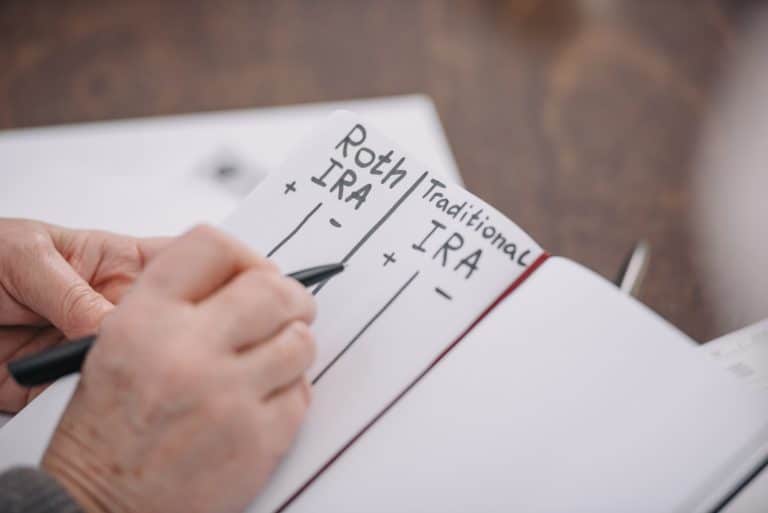Your will is a legally-binding statement directing who will receive your property at your death. It also appoints a legal representative to carry out your wishes. However, the will covers only probate property. (Probate is the court process by which a deceased person’s property is passed to his or her heirs and people named in the will.) Many types of property or forms of ownership pass outside of probate. Jointly-owned property, property in trust, life insurance proceeds and property with a named beneficiary, such as IRAs or 401(k) plans, all pass outside of probate.
Why should you have a will? Here are some reasons:
- With a will you can direct where and to whom your estate (what you own) will go after your death. If you died intestate (without a will), your estate would be distributed according to state law. That distribution may or may not match your wishes. Many people try to avoid probate and the need for a will by holding all of their property jointly with their children. This can work, but often people spend unnecessary effort trying to make sure all the joint accounts remain equally distributed among their children. These efforts can be defeated by a long-term illness of the parent or the death of a child. A will can be a much simpler means of carrying out one’s wishes about how assets should be distributed.
- Wills make the administration of your estate run smoothly. Often the probate process can be completed more quickly and at less expense to your estate if there is a will. With a clear expression of your wishes, there are unlikely to be any costly, time-consuming disputes over who gets what.
- Your will is the only way to choose the person to administer your estate and distribute it according to your instructions. This person is called your “personal representative” in South Carolina (formerly called “executor” or “executrix”). If you do not have a will naming him or her, the court will make the choice for you. Often the court appoints the first person to ask for the post, whoever that may be.
- For larger estates, a well-planned will can help reduce estate taxes.
- A will allows you to appoint who will take your place as guardian of your minor children should both you and their other parent both pass away.
Contact Lexington lawyer Kevin T. Hardy to discuss preparing a will that efficiently meets your needs and desires.







